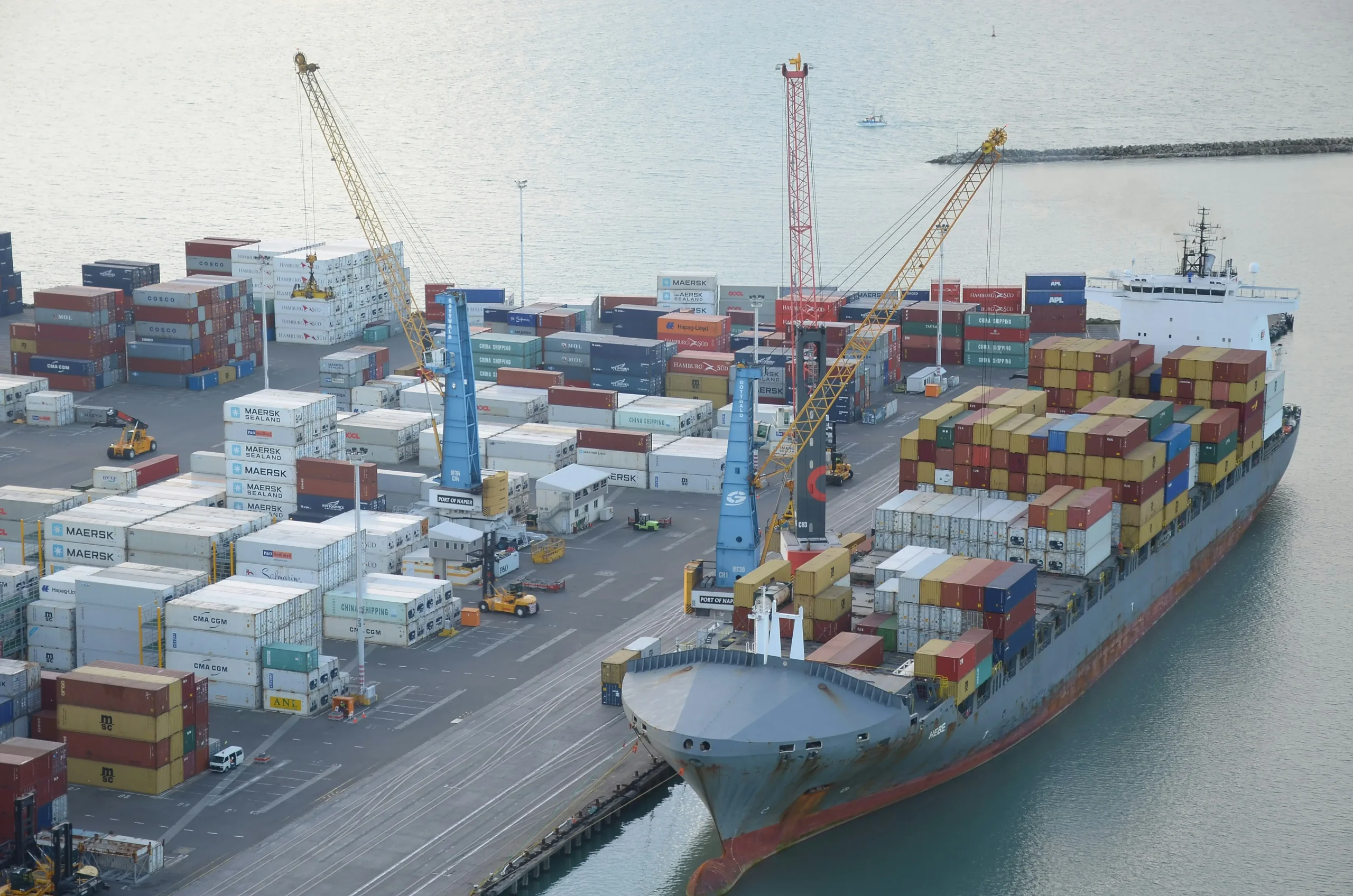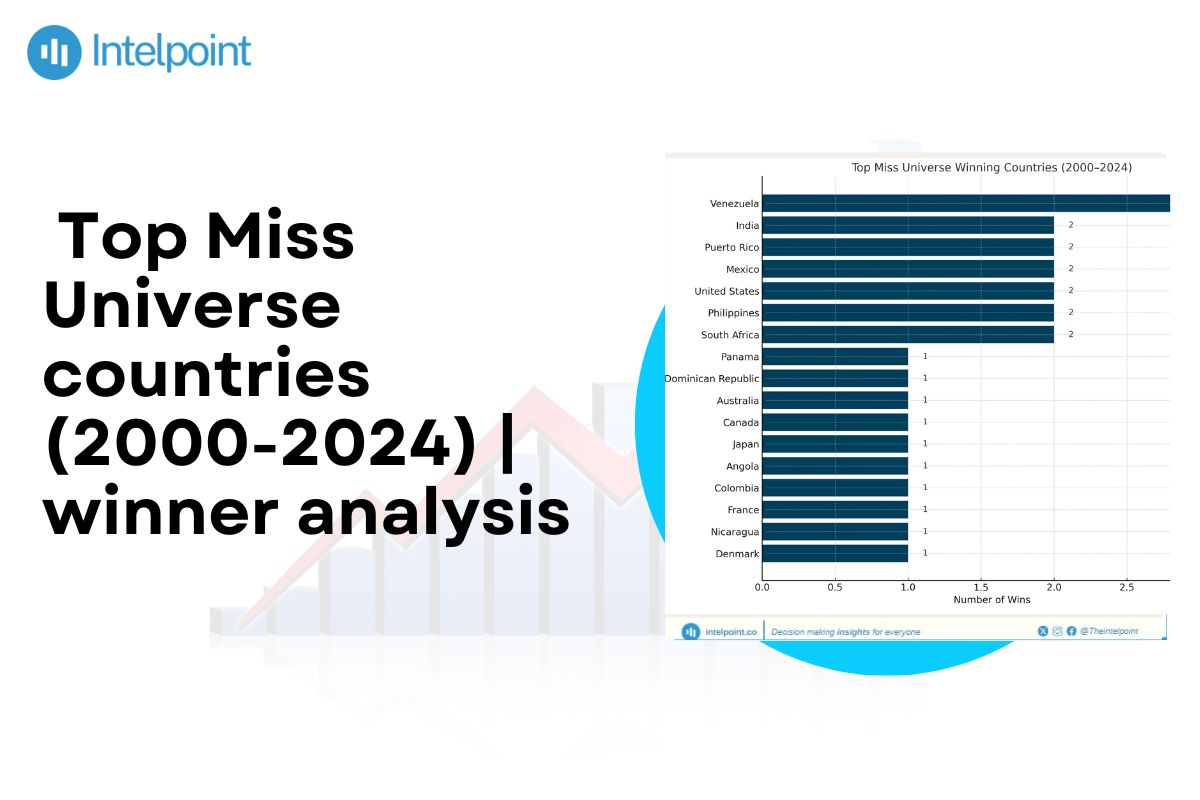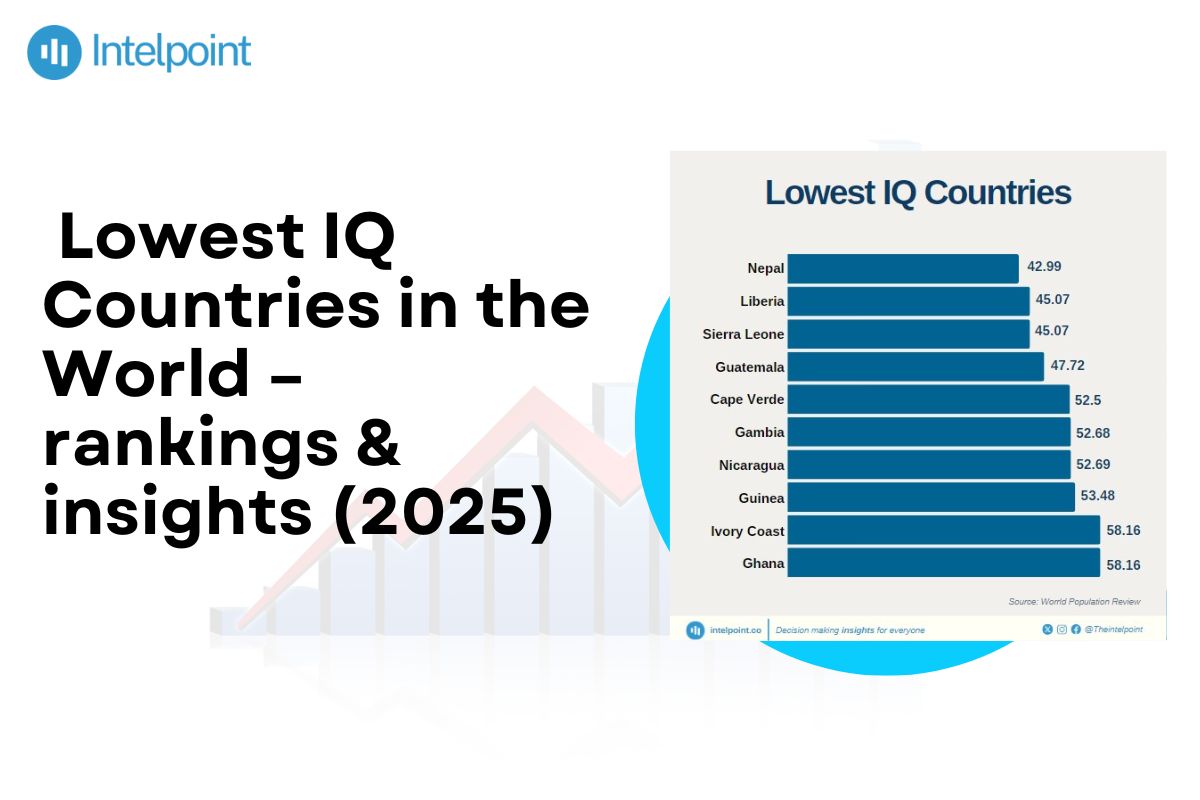The Nigerian eCommerce space is among the few industries with the largest war chests in terms of funding received since the country’s startup boom, with over $1.2 billion. eCommerce here encompasses online general eCommerce like Konga and Jumia; niche platforms like Drinks.ng and Foodlucker; and classifieds like Jiji, among others doing B2B model.
The early 2010s saw the influx of eCommerce platforms with Jumia and Konga as the space’s poster children. However, Easyshop Easycook launched in 2005, seven years before they entered the market.
Jumia and Konga came into the space in 2012 and investments followed suit. Not long after, there were other entrants and it was a free-for-all, like what is currently happening in the Nigerian fintech space. The only difference is that the fintech space has more new players.
Unlike the eCommerce space with declining attention over the years, the fintechs in Nigeria have been getting massive attention with respect to funding and regulations since 2018.
Thirty-six (36) companies were considered for this, 9 of which are no longer active, with 4 already acquired. More than half of these companies were established before 2015.

The decline in the number of entrants to the Nigerian eCommerce industry can be attributed to the wide adoption of social commerce.
The market
Africa’s increasing population has always been a crucial part of the pitch decks of startups entering the African market. And when population is considered, Nigeria sits atop the list.
The population figure is important but the total addressable market (TAM) is just a fraction of the population. As of December 31, 2021, Jumia Group, currently active in 11 African countries, put its annual active customers at 8 million, and the total number of orders for the year was 34 million.
Interestingly, the population of the 11 countries where Jumia currently operates is 647.7 million, with an approximated 330 million using the Internet. This buttresses the fact that there’s a difference between population, TAM, and a company’s share of the TAM.

Jumia Group is the biggest eCommerce platform on the continent and the only one with publicly available figures about its active customers. It is thus safe to put the figures of active customers of eCommerce platforms on the continent at between 16 and 30 million.
Part of the comments of Gloo founder, Olumide Olusanya after announcing the news of the pivoting of his online retail business to procurement was that
After announcing the news of his company’s pivot from online retail business to procurement, Gloo Founder, Olumide Olusanya, said the actual TAM is not big enough. Olusanya also believes that eCommerce as a category in Sub-Saharan Africa will be profitable within the next decade.
Profitability is obviously key to business sustenance.

Twenty-three (23) of the 36 companies considered are active, with 13 founded after 2014.
When launching an online store or marketplace in Nigeria, should you go niche and then take the other way round?
Pitch Friday, a semi-formal monthly gathering, organised by Techpoint Africa where new startups mostly pitch for valuable feedback.
At the July 2022 edition, Tony Nwose talked about Niteon, an eCommerce platform for made-in-Africa products targeted mostly at people outside the continent.
At the end of his pitch, one of the comments from the audience was around niching.
Interestingly, our figures somewhat provide an answer to the question around the path for eCommerce in Nigeria as a more interesting insight about the Nigerian space is that more than half of its active players are niche eCommerce platforms.

Some of the prominent players
Konga
Nigerian ICT company, Zinox Group acquired Konga in 2018, and eventually merged it with Yudala, a Zinox-owned omni-channel eCommerce platform. After raising $79.5 million, Konga was acquired at a loss to Kinnevik and Naspers, its major investors.
Kinnevik, a Swedish investment company, had negative figures for exit proceeds in its 2018 and 2019 reports, none of which referenced Konga. On the other hand, South African multinational holding company, Naspers, explicitly stated a “$38 million loss on disposal” for the Nigerian company.
It definitely was an unhappy ending for major investors, with calculations revealing that Konga couldn’t have been acquired for less than $230m, a company on which Naspers once put at a $383 million valuation.
It’s impossible to get any figures about Konga considering that there isn’t publicly available information about its performance over the years. It also does not help that Zinox, its new owner since 2018, is not a public company.
Jumia Group
Funded in 2012, Jumia is currently the only publicly listed eCommerce platform in Africa and the continent’s most funded startup before it went public in April 2019. The company’s $603 million Series C is still the largest single round on the continent.
Until April 2021, Jumia Group was responsible for three of the five largest funding rounds in Africa and it’s also the most funded startup on the continent with $986.5 million funding pre-Initial Public Offering.
It has been a rollercoaster ride for its share price since listing on New York Stock Exchange (NYSE).

NB: The figures used for the above are those of the first day of each month.
In Q1 2022, Jumia Group’s total orders were 9.3 million, with $47.6 million in revenue representing a 40.5% and 44.3% increase respectively over figures of the same period in 2021. Worthy of note is that the company’s Sales and Advertising expenses for Q1 2022 ($18.8 million) almost doubled Q1 2021 ($9.7 million).
Interestingly, adjusted earnings before interest, tax, and depreciation (EBIDTA), which have been negative figures over the years, have the lowest figure in 2020. The company has also been cutting down its operations; in 2019, Jumia Group shut down operations in Tanzania and in January 2020, Rwanda’s operations followed suit.

Others
Launched in 2014, PayPorte started out as a platform selling items like books, gadgets, and clothing, among others. In 2018, it pivoted to only fashion items. PayPorte was also the first startup to sponsor the Nigerian reality television series, Big Brother Nigeria in 2017 and 2018.
Like Konga, as a result of its merger with Yudala, PayPorte is also an omni-channel eCommerce platform.
DealDey shut down in 2018 after raising $5 million in funding. It was founded by Sim Shagaya (Konga Founder) in 2011, a year before Konga. Shagaya appears to have completely moved on from the eCommerce industry as he founded uLesson, an edutech startup, in 2019.
Jiji currently leads the pack for classifieds in Nigeria. In 2019, it acquired OLX, its major competitor in Nigeria and four other African countries. Interestingly, OLX had previously acquired TradeStable, another competitor, in 2015.
Jiji also acquired auto-classifieds platform, Cars45, in 2021 and reportedly acquired a Ghanaian competitor, Tonaton in early 2022.
By Similar Web ranking, the top three eCommerce platforms in Nigeria are Jumia (15th), Jiji (29th), and Konga (53rd). They are also eCommerce’s only representation among the country’s top hundred sites.




